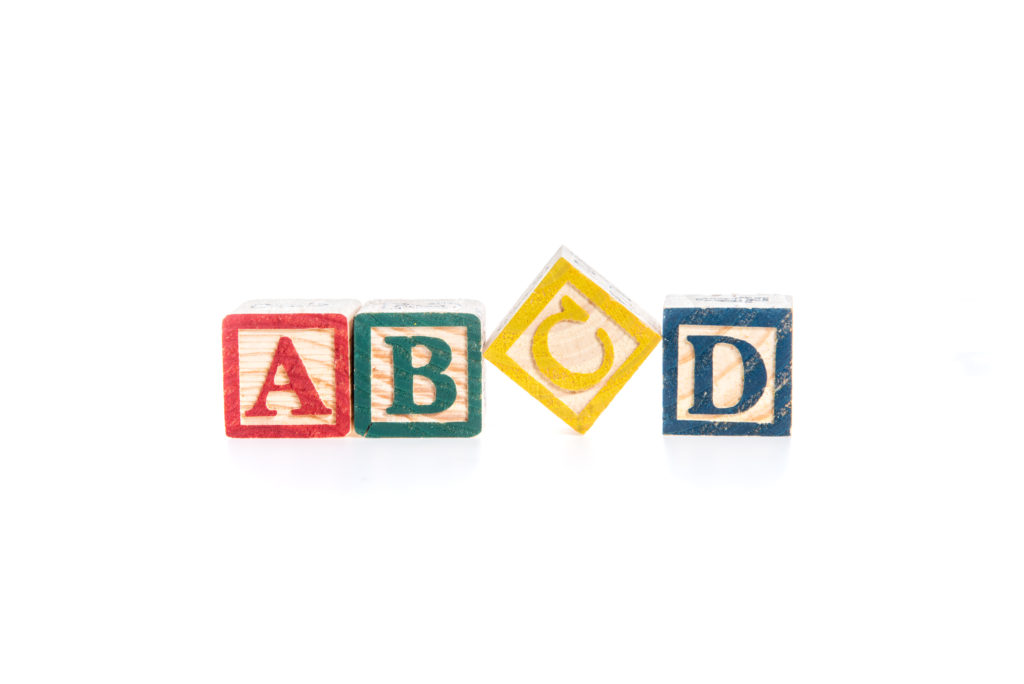 When you run into communication problems you need to go back to the ABCD’s – A) A Single Issue, B) Best Time, C) See Their Perspective & D) Do It Again.
When you run into communication problems you need to go back to the ABCD’s – A) A Single Issue, B) Best Time, C) See Their Perspective & D) Do It Again.
In sports when you are consistently missing with your tennis swing or your jump shot you always go back to the fundamentals. In music, if you having problems playing a piece on your guitar or piano you go back to the fundamentals. In relationships, if you start to consistently have problems with your partner you have to go back to the fundamentals. Here are the fundamental rules of communicating with your partner that will help you get back into good form so that you have have good communication. Good communication allows you to come up with win-win solutions to issues and disagreements that 1) work for both of you, 2) are better solutions than either of could of come up with on your own and 3) where the two of you end up feeling closer to each other than you were before the issue came up. So here are the four fundamental rules:
A. A single issue. If you try to fix everything at once you end up fixing nothing. Take your laundry list of issues and rank them from the most important to the least, then address ONE CONCRETE EXAMPLE of that ONE MOST IMPORTANT ISSUE. Nothing else. Focus on the goal of a collaborative understanding to lead to a collaborative solution.
B. Best time – The only time you should rock the boat is in a calm sea. You need to find a time when your partner is in the best possible mood to bring up a difficult issue. If you have to bring up an issue that is a negative 4 and you wait until they are tired and stressed and at a negative 6 already then they are going to go to a negative 10 (-6+-4=-10) when you bring it up and no progress will be made. If you wait until the two of you have had a nice lunch and are taking a relaxing walk and they are at a positive 6, then they are only going to go down to a positive 2 (+6 + -4 = +2) and the problem will seem relatively small. Identify the next five windows of opportunity that you will have to bring up this issue then pick the one that is likely to work the best.
C. See it from their perspective first. Communication happens when you see things from your partner’s perspective and your partner sees things from yours – the end result is a win-win solution. Conflict happens when you try to win the debate, getting your partner to finally admit that you were right and that they were wrong. The problem is that if one of you wins that means that both of you lose. The only way there can be a winner and a loser is that you are on opposite teams. You never ever want to be on the opposite team. So if you want to communicate you have to prime the pump, setting the stage for seeing things from the other person’s perspective but being the first to see things from your partner’s perspective.
D. Do it again and again until it works. If at first you don’t succeed, try, try again. Following the ABCD’s maximizes your probability of success but it doesn’t guarantee it. Let’s say that following the ABCD’s may give you a 60% chance of successfully resolving an issue each time you try. The math works this way – if you try only one time you have a 60% chance of success, if decide to try at least twice you have an 84% chance of success and if you try at least 3 times the success rate goes all the way up to 94%!
Leave a Comment